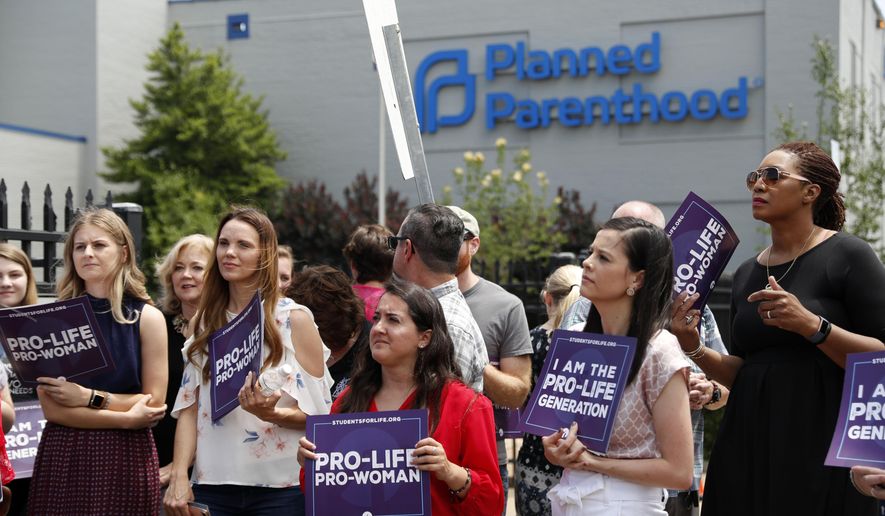A British court last week dismissed a case brought by a woman with Down syndrome challenging a law that allows abortion of a fetus with mental abnormalities up until birth.
Federal courts in the U.S. also are grappling with laws on aborting a child with Down Syndrome, suggesting the Supreme Court could weigh in on the issue.
Heidi Crowter, a woman with Down syndrome who lives independently, challenged part of the United Kingdom’s Abortion Act, saying she found it “offensive” and discriminatory.
In Wales, Scotland and England, abortion is authorized up until 24 weeks, but part of the law allows termination of a fetus up to birth if there is “a substantial risk that if the child were born it would suffer from such physical or mental abnormalities as to be seriously handicapped,” according to The Associated Press.
The British court ruled against Ms. Crowter, saying the law strikes a balance between the rights of a woman and the rights of the unborn. Ms. Crowter plans to appeal.
The U.S. Court of Appeals for the 8th Circuit is expected to rule on a Missouri law out that limits abortion to eight weeks and doesn’t allow abortion if the sole reason is Down syndrome.
Earlier this year, the 6th Circuit reviewed an Ohio law that also banned abortion of a fetus with Down syndrome if that is the only reason for terminating the pregnancy. The court struck down a lower court’s injunction halting the law from taking effect.
Josh Blackman, a professor at South Texas College of Law, said the Ohio and Missouri cases could be appealing to Supreme Court justices.
“These sorts of cases may be more appealing to the Supreme Court. It is not an absolute ban on abortion at a particular time. Rather, it applies to a very narrow set of cases. As I understand the law, if a woman gives some reason other than Down syndrome, abortions are still permitted,” Mr. Blackman said.
In 2019, the Supreme Court declined to consider an Indiana law prohibiting abortion based on sex, race or disability after the 7th Circuit struck it down.
But Justice Clarence Thomas wrote in a separate opinion that, while he agreed with his colleagues not to consider Indiana’s law, they will have to confront the issue in the future.
“Given the potential for abortion to become a tool of eugenic manipulation, the Court will soon need to confront the constitutionality of laws like Indiana’s. But because further percolation may assist our review of this issue of first impression, I join the Court in declining to take up the issue now,” Justice Thomas wrote.
The issue of abortion will be on the forefront of the court’s upcoming term when the justices return next month.
The Supreme Court has agreed to decide if Mississippi’s ban on abortion after 15 weeks runs afoul of its 1973 ruling in Roe v Wade, which held a woman has a right to an abortion up until the fetus is viable, usually between 24 and 28 weeks.
A decision in the Mississippi case is expected by the end of June 2022.
• This article is based in part on wire service reports.
• Alex Swoyer can be reached at aswoyer@washingtontimes.com.




Please read our comment policy before commenting.